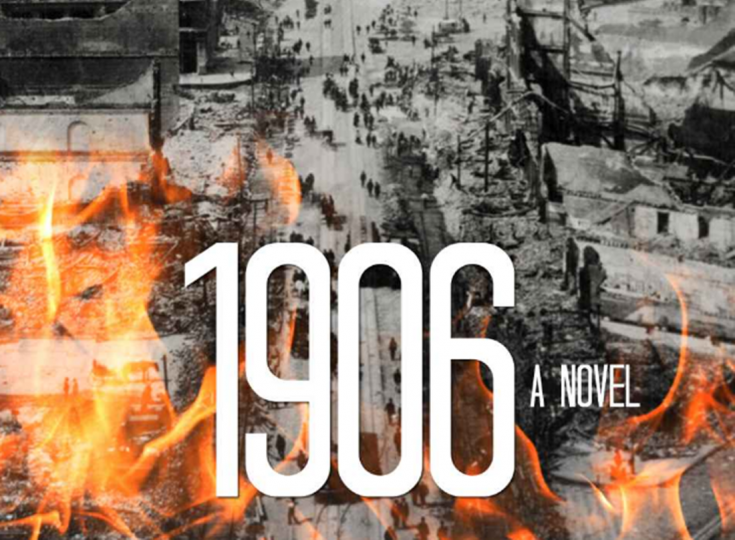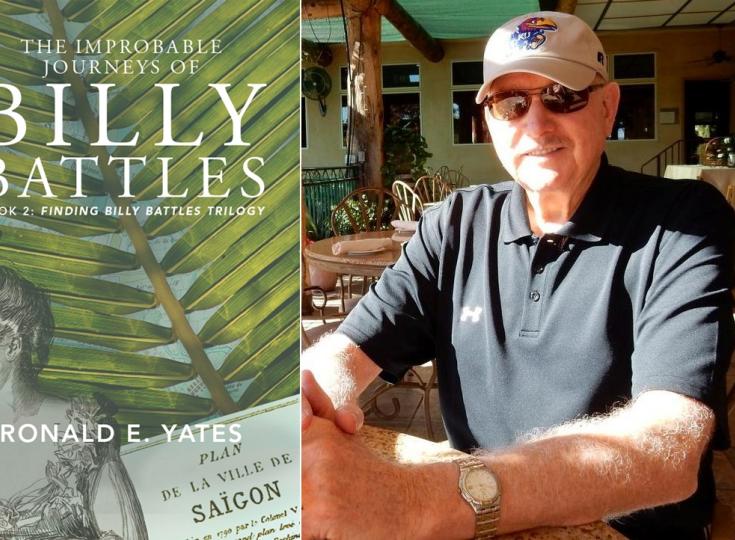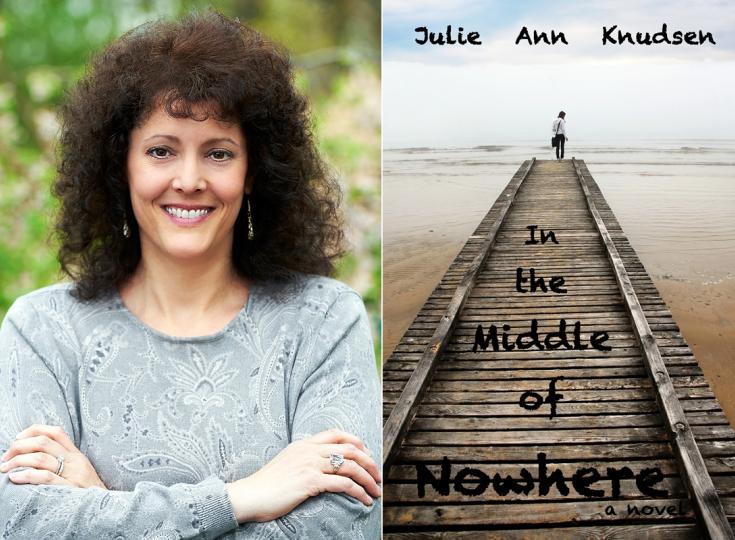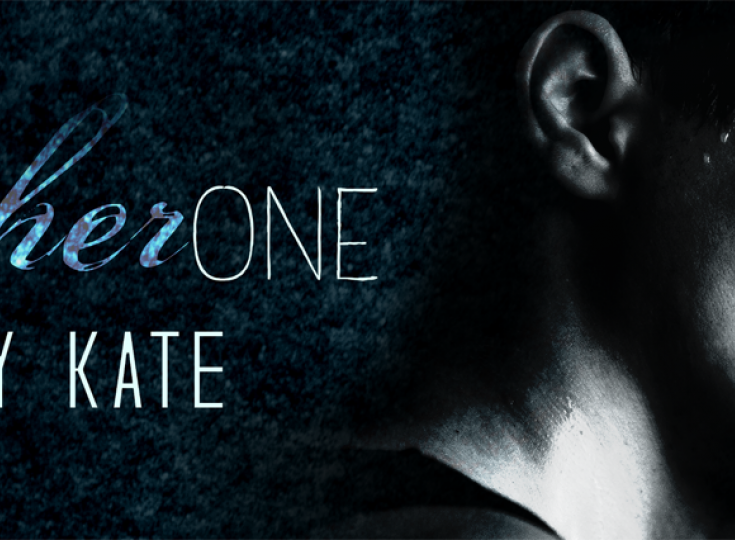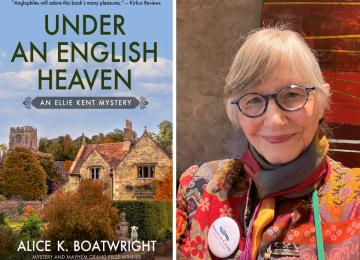David Archer - Watching Your Characters Evolve
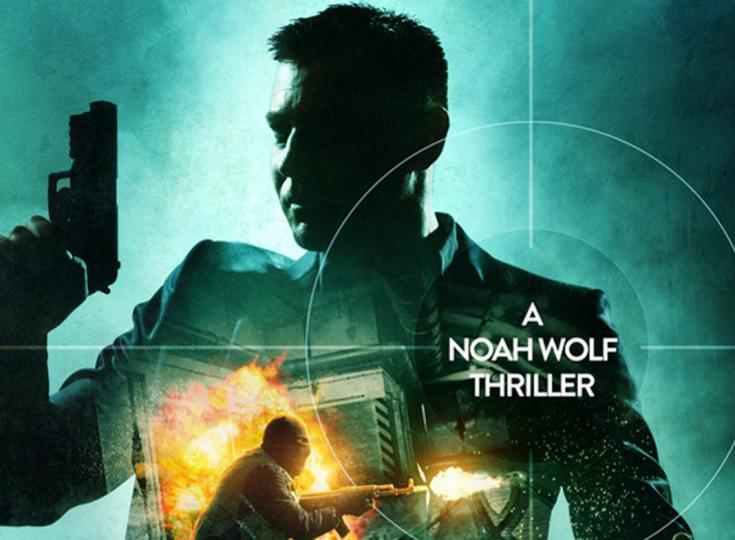
David Archer likes to hit deep, keep you entertained, and leave you wanting MORE with every turn of the page. His Noah Wolf thrillers are no exception - he managed to make a hero who has spent most of his life without the ability to feel the natural emotions of those around him very relatable. As our Author of the Day, Archer reveals how team Camelot came into existence, why he created Noah Wolf the way he is and talks about the role of assassins.
Please give us a short introduction to what In Sheep's Clothing is about.
In Sheep’s Clothing is the story of Team Camelot’s third mission, their first mission carried out on American soil. A major Mexican drug cartel has established a base in the central US, strategically located to be able to distribute their products throughout the entire nation and based in a college town — Columbia, Missouri — which provides plenty of opportunities to recruit naïve young people as mules and dealers. The DEA has been working to shut them down for some time, but the cartel is so well organized and managed that it has been impossible to get any evidence against any of their leadership. The best they’ve been able to do is eliminate some of the lower echelon dealers, mostly American youth who were drawn into the operation simply as a way to earn fast and easy money.
In frustration, the DEA turns to the last resort: E & E. A request is sent through the proper channels to Allison Peterson, who heads up E & E, to have the entire cartel leadership assassinated, and after reading through the request and all of its supporting documentation, she approved the sanctions. Team Camelot is selected to handle the assassinations, and sent to Missouri to develop a plan.
Wally Lawson, America’s equivalent of “Q” from the James Bond stories, shows Noah and his team some of his departments latest inventions, and Noah develops a plan to gather all of the cartel into one location and take them out with a single strike. In order to do so, however, he’s forced to delve into the psychology and superstitions of Latino criminal minds, and bait them with the one thing even criminals cannot bear: the loss of children. Noah and the team kidnap two toddlers, the children of a couple holding the top leadership positions in the Columbia branch, which leads to the opportunity to complete the mission.
The mission brought to a successful conclusion, the team heads for home, but then a message is received by each of them announcing that Neverland, the artificial community where E & E is based, has come under attack and that they are to stay away and await further instructions. The attack left the organization without its leaders, and only Noah and Team Camelot in a position to track down the perpetrators. With help from the only senior staff member who is still able to function, Noah learns that the attack was masterminded by Nicolaich Andropov, his arch nemesis from Moscow, and was designed to locate information about Noah’s past.
As a result, Noah is forced to reveal himself to his childhood friend Molly, the genius who helped him conceal his lack of emotion and learn to mimic others in order to appear normal. Andropov is planning to use her as bait to draw Noah out, but the whole plan explodes when he takes Noah’s entire team hostage, instead.
Noah is forced to walk into the most deadly trap ever set in order to rescue his team, aided by a Delta Force unit, but it is ultimately up to him to figure out how to survive and bring the situation to an acceptable conclusion.
What inspired Team Camelot? How did their story start in your mind?
There are episodes in my past that lead me to believe that such teams exist, and that it is their sacrifice and willingness to put themselves at risk that often help to keep our nation free. Assassination, after all, is nothing but a reduction of war to its finest essence. In war, the forces of one nation use violence to eliminate the forces of another; the assassin is nothing but a soldier with a limited number of opponents that he must target.
Team Camelot came into existence as I struggled to find a way to tell their story. While many might consider such people to be without moral values, the truth of the matter is that their morality requires them to do whatever is necessary to protect their country and its citizenry, and they do not have the luxury of allowing conscience to interfere. I wanted to show that such people can be good people, despite the seemingly terrible work they are forced to do in the service of their nation.
Noah, himself, came from a period of time when I personally suffered from atypical blunted affect disorder, the same affliction that Noah bears. I spent a number of years without emotions of any kind and had to learn, just as Noah did in the stories, how to mimic natural human emotion and reaction. I was fortunate enough to recover, but the fact is that most sufferers of this condition never do. I felt that the character who combined the condition itself with my own experience of pretending to be “normal” would make an excellent assassin.
Fortunately, I was never in a position to find out for myself whether my theory would hold true.
Tell us more about Noah Wolf - what makes him tick?
Noah has spent most of his life without the ability to feel the natural emotions of those around him, and has been forced to study every possible aspect of human nature in order to camouflage his condition against detection. Fortunately, he was helped in understanding himself by his childhood friend Molly, who taught him to think of himself as a wolf in sheep’s clothing. He must pretend to be a sheep so thoroughly that is true essence, that of a wolf, could not be seen.
Molly also taught him about morality, using the Judeo-Christian model that he learned from his brief stay with his grandfather, a Christian minister. By helping him to codify that morality into a personal set of rules for behavior, Molly instilled Noah with a sense of right and wrong that is, to him, inviolate. Noah’s logical mind will not allow him to do anything other than what he believes is the right and moral course of action in any situation. His understanding of E & E and its purpose allow him to exercise that same self discipline in order to carry out his missions, but he is not above going off the mission plan when his sense of right and wrong requires it. This is most often exemplified when he refuses to accept the capture or loss of one of his own team members, but can also be seen in his attempts to ensure the safety of innocents who may find themselves in the line of fire. The children and their nanny in In Sheep’s Clothing are three such examples..
How did you manage to create a character who is incapable of emotion, but who readers can relate to?
Again, much of the character of Noah Wolf is simply based on my own memories of the time I spent bearing the same affliction. Those who knew me during that time often referred to me as “the Vulcan,” “the robot,” and other such seemingly derogatory nicknames, but they would also tell you that I was always incredibly efficient at whatever I set out to do, and always chose what I considered to be the correct and proper action.
Ironically, I had a lot more friends during that time than I do today. I think there is something about the blunt honesty that such condition forces upon an individual that causes people to respect and admire that individual. That was enough to lead me to believe that a character like this would not only be acceptable to readers, but might even be the object of some envy. How many of us, do you think, have often wished we could step out of our emotional selves and see clearly what is truly going on in the world around us? Is it that surprising that people might wish to be closer to someone who could honestly do so?
Your debut series, The Sam Prichard Novels, was very well received. What has the experience been like so far with Noah Wolf?
I am so humbled whenever I see the reviews that are posted about all of my books that I often wonder if I have some invisible benefactor who is paying people to say such kind things. The Camelot series has been so well received that I am constantly amazed, especially when readers display such deep emotional involvement in the characters. In the most recent releases, Noah’s driver and lover, Sarah,, is abducted — yes, again — and finds herself undergoing interrogation by Chinese intelligence agents who are seeking to identify Noah. There is a brief time where it appears that Sarah has been killed, but like Noah himself, the fans refused to accept that. When he finally locates her and rushes once more into the lions’ den to save her, I believe that several of the fans felt just as great a relief as if this were a true story.
But I believe that is precisely the job of a writer, to bring his characters to life and give them vitality and personality that allows readers to truly come to know them. If I am able to do so even half as well as the fans proclaim in their reviews, then let me publicly give thanks to God for that gift right now.
Why did you call this book "In Sheep's Clothing?"
The title refers first to the fact that Noah must be able to blend in, no matter what situation he may find himself in. Specifically, however, this title speaks to the climax of the story, when Noah must walk into a situation in which he is the only one of his kind, and must adapt himself to take down a number of foes. Like the fabled wolf who put on the skin of a sheep in order to enter the flock and choose his prey unnoticed, Noah must appear to be harmless and subdued while preparing to deliver the killing blow.
Why did you decide to tell this series from an assassin's perspective?
As I mentioned above, assassins are simply one tool that nations use in their relations with one another. It has been said that war is merely diplomacy at its most emphatic; assassination, then, is diplomacy on its most intimate level. The assassin has a specific target, and that target is almost always someone who has been clearly identified. This is what differentiates him from the soldier, whose target is a nameless figure in an opposing uniform. The difference between knowing who you are killing and not knowing is profound. The assassin takes on that heavy burden in order to serve and protect his country.
What are some tricks you use to keep your books action-packed and fast paced?
Are there such tricks? To be perfectly frank, I am often just as amazed at what appears on the page as the readers are. I may sit down to write a story thinking I know how it will go, but it never seems to end up where I had envisioned. For example, in another novel in the series, one of the common characters is killed in the performance of his duty. I did not see that coming; when it happened, I remember thinking, No!
Granted, the basic plot comes from my idea, but I am not one of those writers who can simply come up with a whole story and then sit down and write it. I have to get started, and then watched in amazement as the idea evolves, twists, turns and becomes something far different, and usually far better, than I ever planned for it to be.
What books do you read for your own enjoyment? Any favorite authors?
Do I have to answer this? The answer will surprise many readers. My own favorite author is Sir Terry Pratchett, whom many people believe to be a writer of science fiction and satire. I find, however, that his writing — while disguised as something entirely different — forces the reader to look into a mirror, one of those magical mirrors that makes you see what is really there, rather than what you always thought was there. There is as much mystery, intrigue, humor and excitement in one of his novels as I have ever found in any other form of entertainment.
Of course, I also love to read James Patterson, Vince Flynn and others who write about mystery and intrigue, but my personal library always has one of Sir Terry’s novels waiting for me to resume its pages.
What is the hardest thing about being a writer?
The hardest thing about being a writer? I would have to say it’s watching the characters grow and evolve. It’s almost like being a parent and watching your child grow. They take on new aspects of personality from time to time, they make choices and decisions that we find disturbing, and yet we cannot help but love them and want the best for them.
Unfortunately, the story is always king. Sometimes, the story requires some sacrifice from the characters that even we writers dread to see.
Where do you get your best ideas?
Anyone who reads my work within a short time after it is released could probably answer this question for me. My best ideas come out of today’s headlines. The situations happening around us in the world offer the greatest possible nourishment to the hungry monster of my imagination, and trust me, he’s always ready to dig into another meal.
Which famous person, living or dead would you like to meet and why?
I hope this won’t disillusion any readers, but the person I would most like to meet would be the Apostle Paul. I have always been fascinated by him because, despite the fact that he never met Christ personally in the flesh, he became so convinced of the truth of the gospel that he abandoned everything he had ever known and devoted his life, with all the suffering that came with it, to its furtherance. I would love to know what type of mind could reach such a firm and dedicated conclusion that it would be worth turning away from everything he had ever known or hoped for.
How long on average does it take you to write a book?
If you asked my readers, they will tell you it takes me far too long. Truthfully, if I am not hampered by illness or untimely circumstances of interruption, I can usually write the first full draft within 10 to 14 days. All writing, however, is truly nothing but rewriting, and how I wish I could take credit for that statement. Once the first draft is finished, I have to go back through it again, and sometimes again, to be sure that the story is consistent with itself and the other novels in its series and make any changes or corrections. Not surprisingly, the second draft always seems to end up far superior to the first.
What are you working on right now?
I don’t know, the characters haven’t told me yet. When they do, then this book will be finished and ready for the readers to pass judgment on. Then I’ll know whether it was any good or not, and whether it was worth the time it took to write it.
Where can our readers discover more of your work or interact with you?
The best place to discover my work would be on my website at www.davidarcherbooks.com. There you can access all of my current titles and find links to all major retailers.
